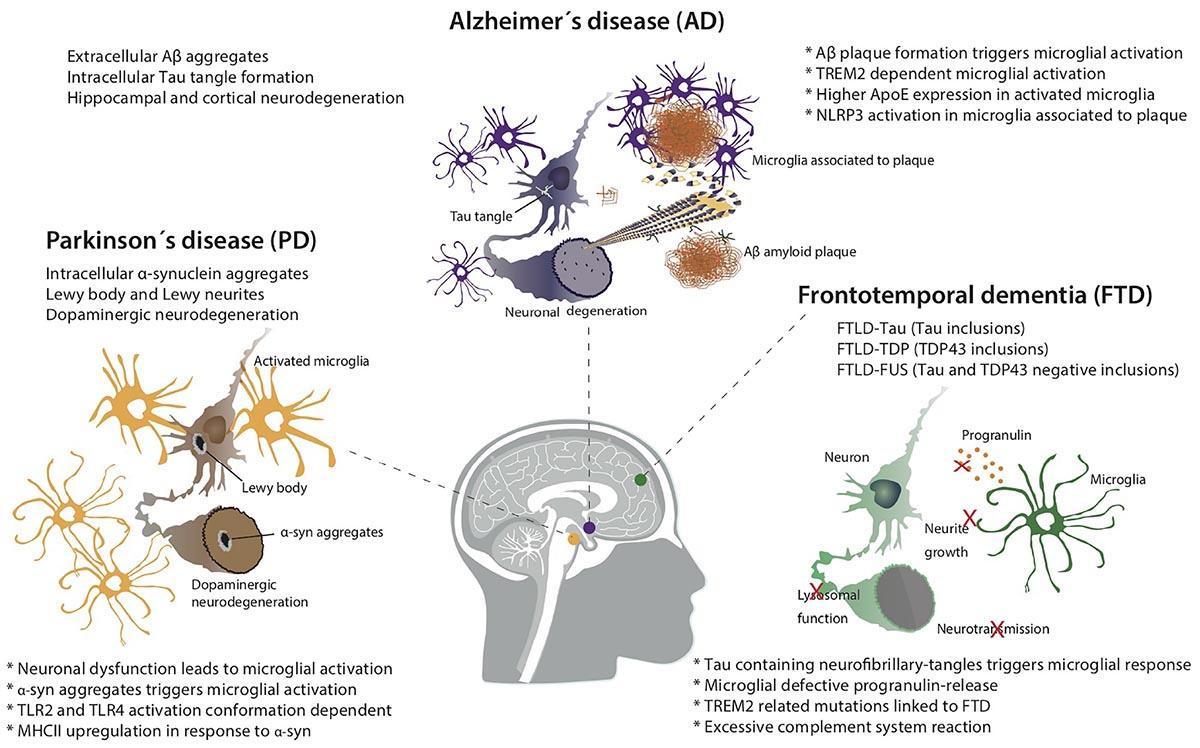

Sanjana Vidhyacharan
Class of 2024Dublin, California
About
Projects
Project Portfolio
Analyzing the Connections of Microglial Phenotypes in the Progression of Neurodegeneration and Tumors And The Future For Therapeutic Treatments
Started May 24, 2023

Abstract or project description
Immunotherapies have proven immense success in treating autoimmune diseases in the human body, but researchers know little about the effectiveness of using the brain’s immune cells, microglia, to treat neurodegeneration and tumors. Because of microglia’s unique plasticity and heterogeneity, targeted treatments for various forms of brain disease, like neurodegeneration or malignant tumor growth, can serve to stop the progression early on. As immune cells of the brain, microglia have an innate function to repair and restore homeostasis in their microenvironment, and their diversity in function in any given disease microenvironment helps unpack the complexity behind many unresolved diseases (ex. Alzheimer’s and Parkinson’s). Also in gliomas, microglia have been shown to communicate with tumor cells to improve function, so limiting the glioma cells to work in an autocrine as opposed to a paracrine manner could be an option for treating tumor progression without the need for invasive radiation or surgery. In neurodegenerative diseases (Alzheimer’s and Parkinson’s), TREM2 mutations, also found in microglia, have been shown to be both neuroprotective and neurotoxic, indicating the importance of utilizing the brain’s innate negative feedback loop to unlock new ways of approaching existing diseases and treatments.